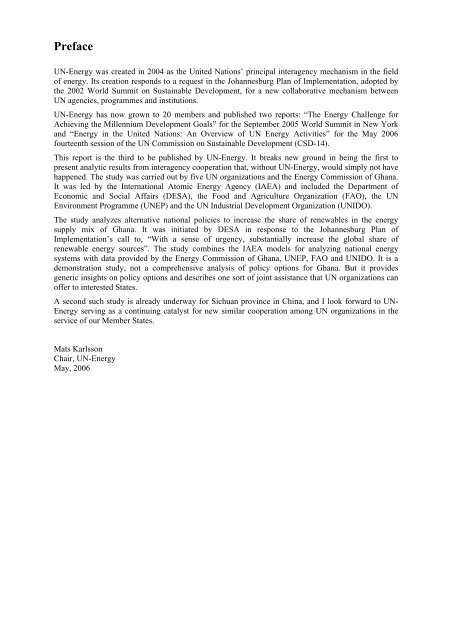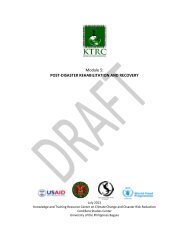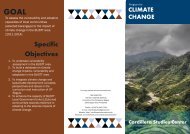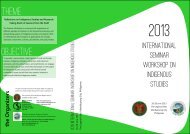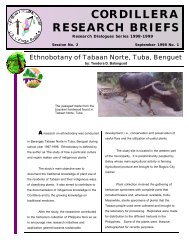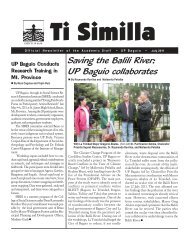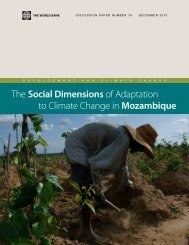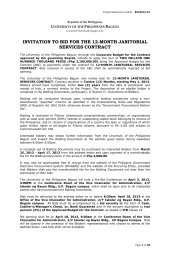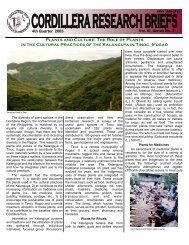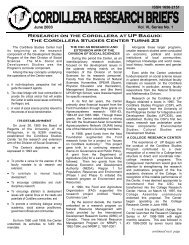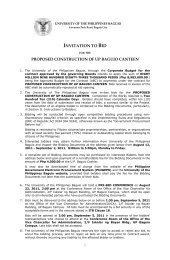Ghana - UNEP
Ghana - UNEP
Ghana - UNEP
- No tags were found...
You also want an ePaper? Increase the reach of your titles
YUMPU automatically turns print PDFs into web optimized ePapers that Google loves.
PrefaceUN-Energy was created in 2004 as the United Nations’ principal interagency mechanism in the fieldof energy. Its creation responds to a request in the Johannesburg Plan of Implementation, adopted bythe 2002 World Summit on Sustainable Development, for a new collaborative mechanism betweenUN agencies, programmes and institutions.UN-Energy has now grown to 20 members and published two reports: “The Energy Challenge forAchieving the Millennium Development Goals” for the September 2005 World Summit in New Yorkand “Energy in the United Nations: An Overview of UN Energy Activities” for the May 2006fourteenth session of the UN Commission on Sustainable Development (CSD-14).This report is the third to be published by UN-Energy. It breaks new ground in being the first topresent analytic results from interagency cooperation that, without UN-Energy, would simply not havehappened. The study was carried out by five UN organizations and the Energy Commission of <strong>Ghana</strong>.It was led by the International Atomic Energy Agency (IAEA) and included the Department ofEconomic and Social Affairs (DESA), the Food and Agriculture Organization (FAO), the UNEnvironment Programme (<strong>UNEP</strong>) and the UN Industrial Development Organization (UNIDO).The study analyzes alternative national policies to increase the share of renewables in the energysupply mix of <strong>Ghana</strong>. It was initiated by DESA in response to the Johannesburg Plan ofImplementation’s call to, “With a sense of urgency, substantially increase the global share ofrenewable energy sources”. The study combines the IAEA models for analyzing national energysystems with data provided by the Energy Commission of <strong>Ghana</strong>, <strong>UNEP</strong>, FAO and UNIDO. It is ademonstration study, not a comprehensive analysis of policy options for <strong>Ghana</strong>. But it providesgeneric insights on policy options and describes one sort of joint assistance that UN organizations canoffer to interested States.A second such study is already underway for Sichuan province in China, and I look forward to UN-Energy serving as a continuing catalyst for new similar cooperation among UN organizations in theservice of our Member States.Mats KarlssonChair, UN-EnergyMay, 2006


